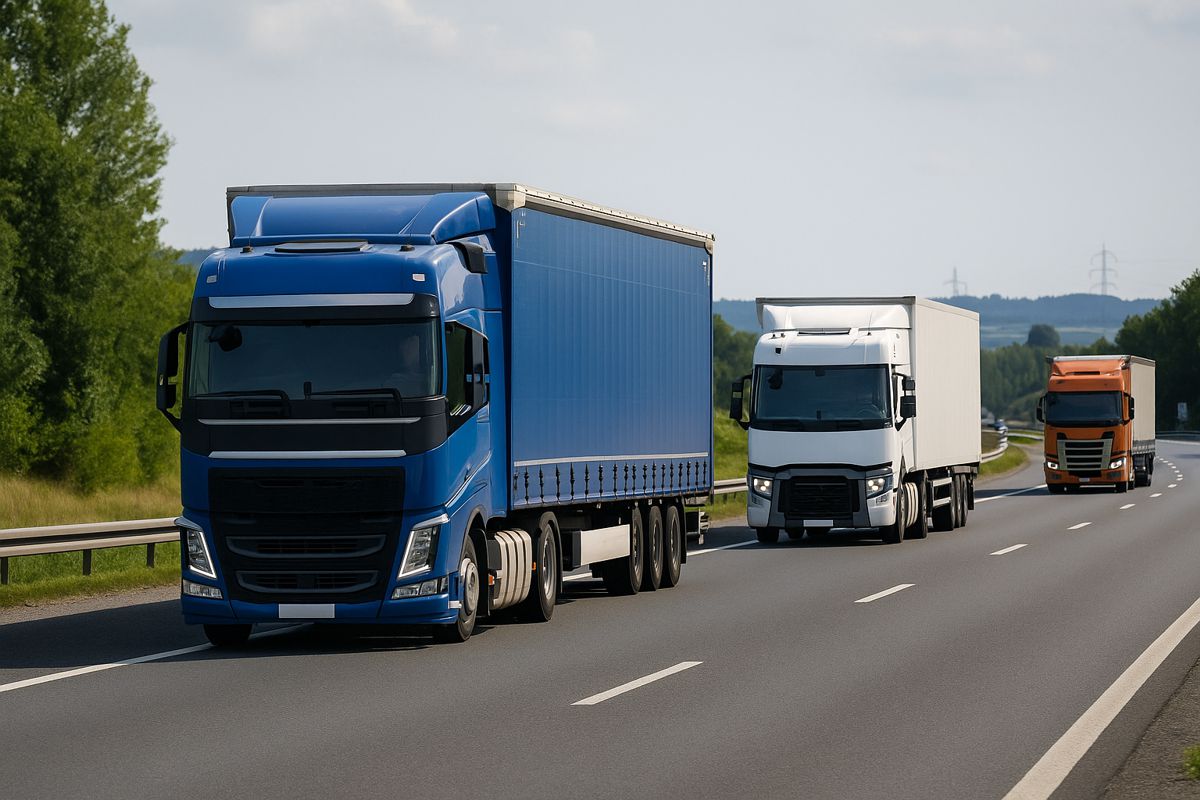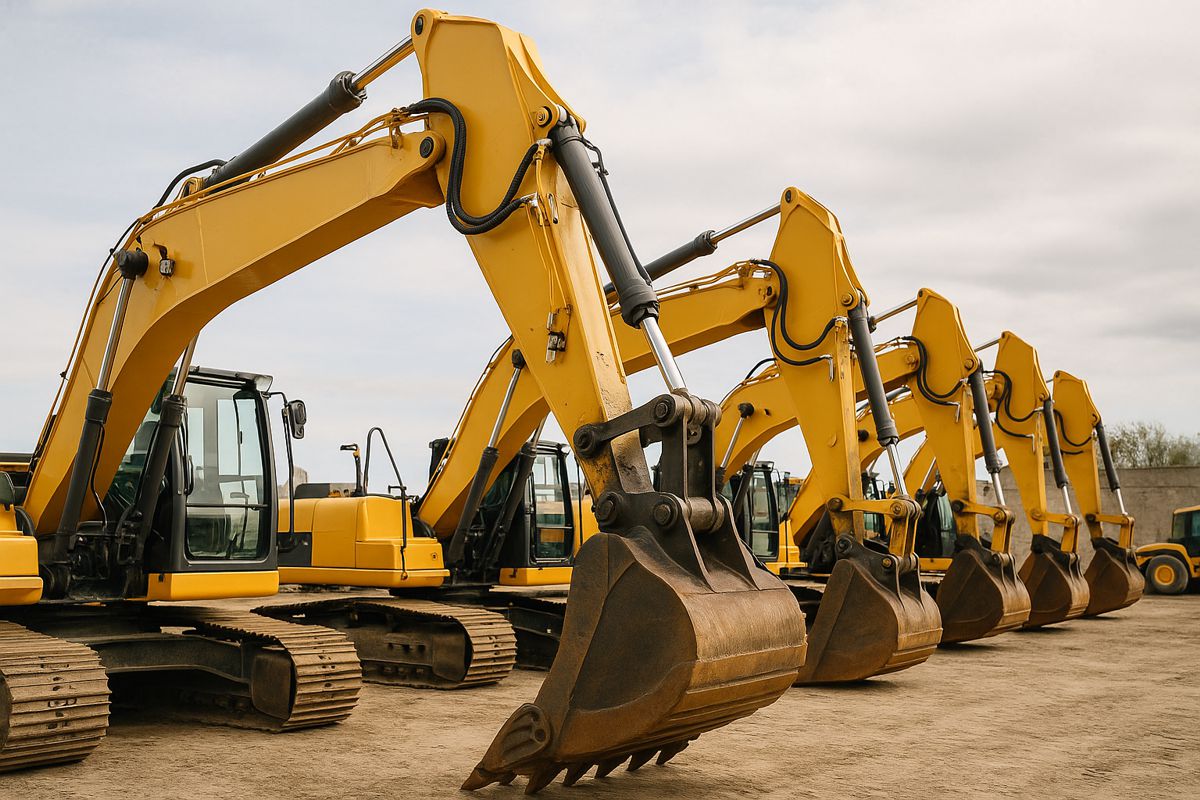Experts warn business to prepare for customs declaration complications post-Brexit
EU and British businesses of all sizes that import and export between the EU and the UK are urged to put plans in place for their customs declarations forms ahead of an anticipated 200 million rise in the documents after Brexit, according to experts at The Customs People.
Businesses must also start conversations with their suppliers immediately and ask how they are planning for all eventualities of Brexit, especially those that have suppliers in European countries that might not have begun their preparations.
An official report from HMRC and The National Audit Office claims there are currently 55 million customs declarations made by British businesses every year, but this figure is set to rise to 255 million after the UK leaves the EU.
A customs declaration is the form that is completed listing the goods being transported across a country’s borders. The documents are not required by EU member states sending goods between other European countries, but will be needed when the UK is no longer part of the single market.
In a letter sent to all UK businesses trading with the EU, the government recently advised organisations to decide whether they would hire an agent to make customs declarations on their behalf or make the declarations themselves, using software that is compatible with HMRC’s systems.
David Miller, Customs & AEO Consultant and co-founder of The Customs People, says: “Making a customs declaration is an incredibly complex process and can be very costly if you get it wrong. In all my years specialising in customs I have only ever see one business complete their own declarations and even they decided to switch to an agent later on.
“An agent will handle all the paperwork for you, minimising the risk of delays during customs checks, but it is vital that businesses start speaking to agents now so that the relationship is already in place when Brexit is enforced on 29th March 2019. Whether the UK leaves the EU with or without a deal, we know that our country will no longer be part of Europe and therefore customs declarations will apply.”
As part of their Brexit planning, UK businesses should also constantly request updates from their suppliers in Europe so they can coordinate their preparations for any eventuality. The Customs People advises asking a simple question: “What is your Brexit planning?” to start the conversation and to then ensure that suppliers are regularly engaged with the discussion.
David says: “There are some British organisations that have yet to start their Brexit planning, so you can only imagine how many businesses across Europe are failing to act. This might not be high on their agenda, but European suppliers need to come up with plans for various Brexit outcomes, otherwise firms here in the UK will suffer when we leave the EU – with or without a deal.”




















